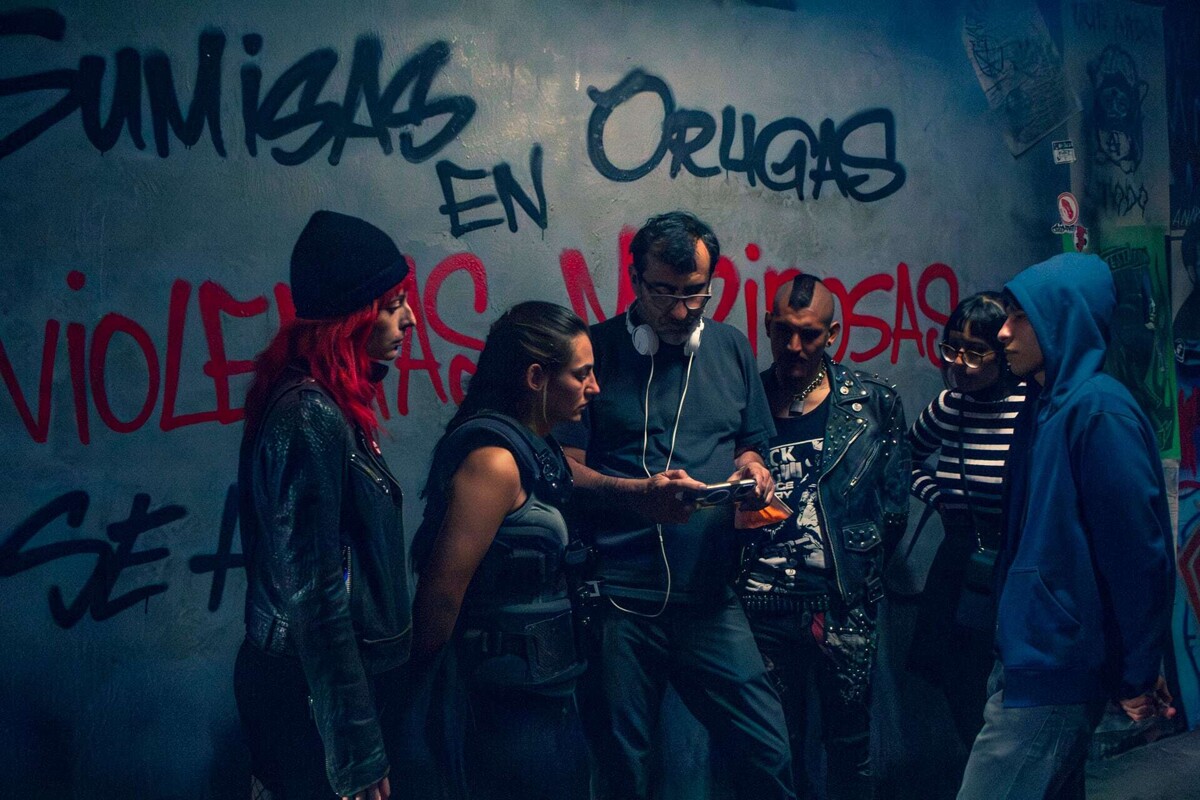
The film "Violentas Mariposas" is positioning itself as one of the most intense and revolutionary proposals in current Mexican cinema by offering a raw representation of rebellious youth in times of social crisis. With its world premiere at the Morelia International Film Festival, the film has been praised for the outstanding performance of Diana Laura Di, who received the Ojito Award for Best Actress for her powerful interpretation.
After its presentation in Morelia, the film continued its international journey with a premiere at the Tallinn Black Nights Film Festival in Estonia, where it represented Mexico in the Just Film – Youth Competition section. The plot unfolds in a context of social discontent, following the story of a graffiti artist and a singer from a punk band who join forces through their revolutionary ideas.
At the Málaga Festival, "Violentas Mariposas" competes in the feature film category alongside other relevant productions, standing out for its focus on discontented youth. The film centers on music and street art as weapons of its protagonists in their struggle for a more just world, facing police corruption and triggering a quest for revenge.
Director Adolfo Dávila shares that his film is particularly aimed at young people dissatisfied with the injustice in their daily reality, seeking to resonate particularly with the women of this generation. In an interview with Publimetro, Dávila highlights his intention to create young characters fully involved in social movements, as opposed to other more passive representations.
The Málaga Festival, founded in 1998 by the City Council of Málaga, has been the stage where "Violentas Mariposas" has stood out strongly in the official selection of its 28th edition. This event has grown to become an international benchmark for Spanish-language cinema, offering a platform for emerging talent and creativity in the industry.
In this new cinematic proposal, the characters represent an idealistic youth driven by a desire for justice, refusing to accept the injustice and corruption in their environment. Adolfo Dávila emphasizes that many of the actors have deeply identified with the characters, which has enriched and strengthened the narrative of the film.














